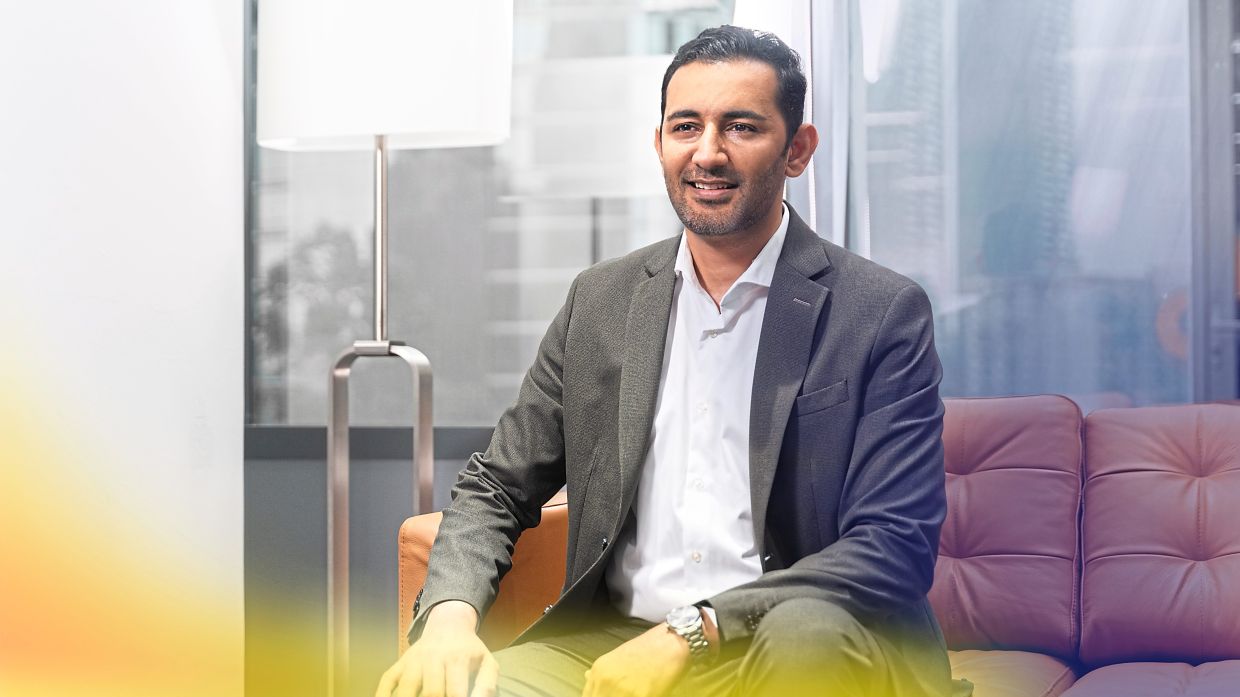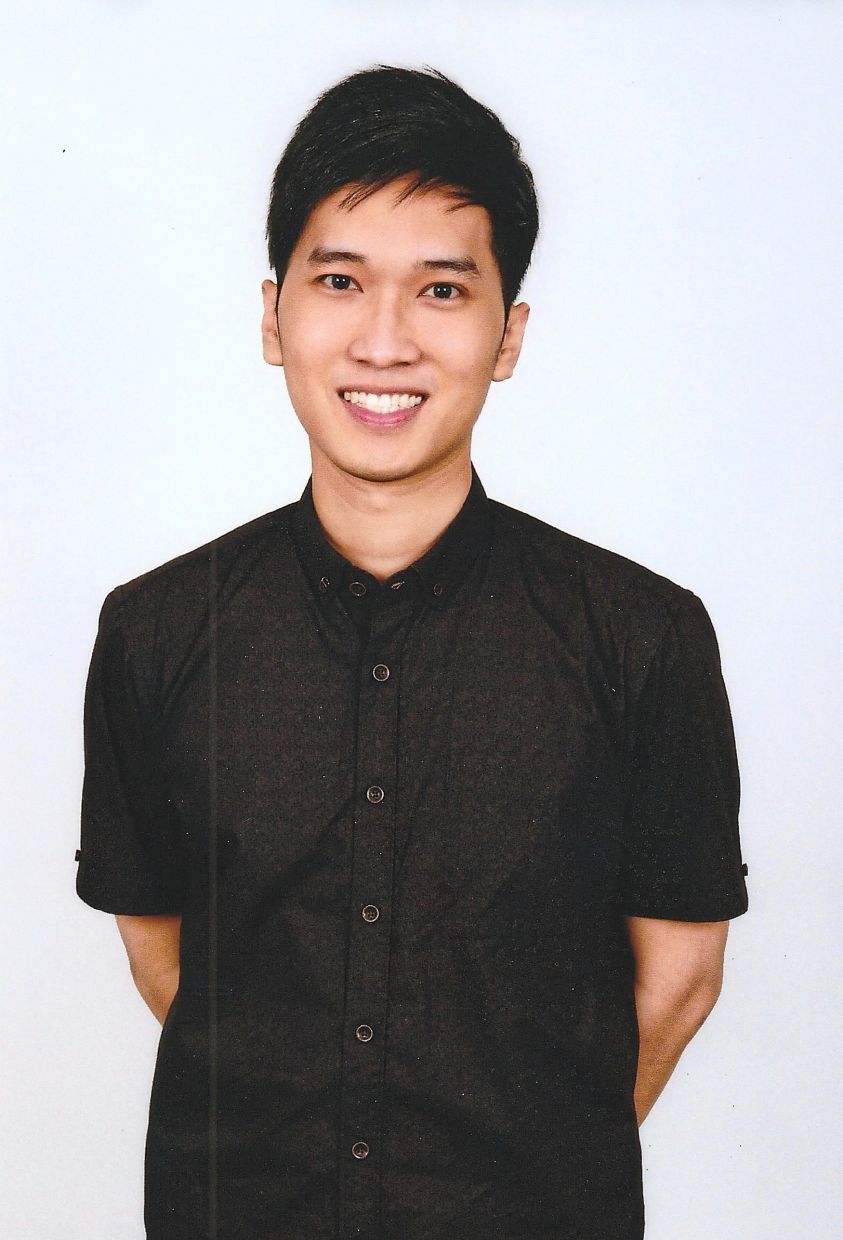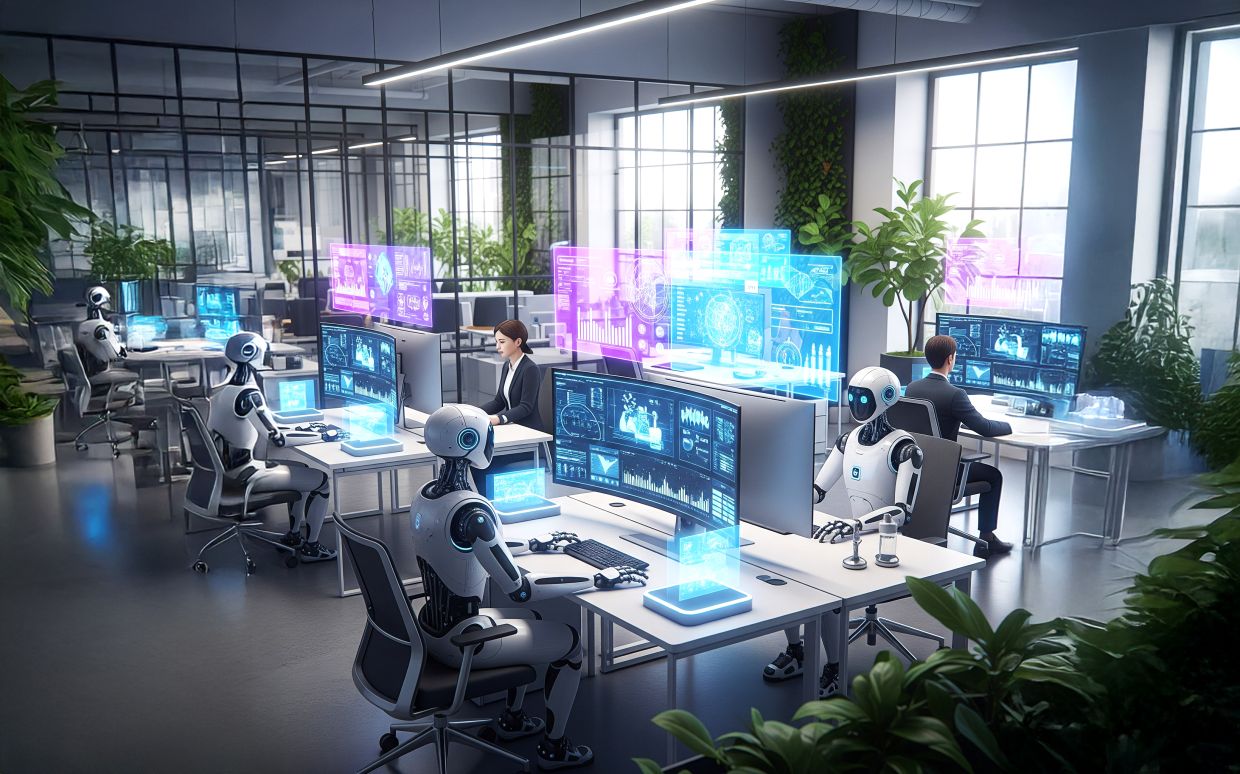Kita semua anak Malaysia: Let us honour the sacrifices of all communities in building Malaya and now Malaysia. There would have been no independence if the Malays, Chinese, and Indians did not work together for it, and no Malaysia without Sabah and Sarawak. — FAIHAN GHANI/The Star
Kita semua anak Malaysia: Let us honour the sacrifices of all communities in building Malaya and now Malaysia. There would have been no independence if the Malays, Chinese, and Indians did not work together for it, and no Malaysia without Sabah and Sarawak. — FAIHAN GHANI/The Star
LET us all hold our heads high today. It is our National Day and this country belongs to all of us – not just to politicians who tell us what to do, and worse, try to divide the people of Malaysia,
Without us, the ordinary people, these bad actors wouldn’t even be elected.
So on this special day, let us take pride in our nation’s journey.
Let’s ignore the rising use of race and religion as political tools that threaten to undermine the harmony that ordinary Malaysians have worked so hard to build over decades.
Because amid the noise and negativity, one truth shines through: the Malaysian spirit remains strong – resilient, generous, patient, and full of heart.
While a minority may seek to divide us, millions of Malaysians continue to live in unity every single day.
The doctors and nurses in our hospitals do their best to heal us without caring in the least about the colour of their patients’ skins.
Let’s not forget the soldiers, the policemen, and firemen who ensure our safety every day.
Malaysians in uniforms have sacrificed their lives for the country. Many did not hold high ranks when fighting the insurgents in the jungles. Who are these divisive politicians and cybertroopers to insinuate that they were not loyal to Malaysia?
These were the “Type C” (as the Chinese are often referred to online now) who had courage, compassion, and charisma, and were committed to fighting for our country.
Then there are the teachers who work hard to ensure our children get the best education. The majority are Malay and they even teach in vernacular schools, and they deserve our appreciation. They are not the best paid of civil servants and certainly they deserve better.
When we achieved independence in 1957, it was the Malays, with their magnanimity, who accepted the immigrant races to be citizens as our forefathers worked out the social contract. The Malays joined the civil service to administer the country, especially in education and security, and the Chinese played a huge part in the economy to build up the coffers of a young country, which many said at the time did not have a chance of making it.
The early Indians built infrastructure, established rubber estates, built roads, and managed railways and ports.
These are the real heroes of Malaya and now Malaysia; not dim-witted politicians who whip up emotions and anger.
Let us honour the sacrifices of all communities by building a nation that is inclusive, just, and united.
Malaysians work together, study together, pray alongside one another, and celebrate each other’s festivals with genuine joy.
The real Malaysia lives not in the speeches of politicians, but in the small, daily acts of mutual respect and shared humanity that take place in homes, schools, workplaces, and communities across the nation.
This is the real Malaysia that we must celebrate and protect. Let us all remind ourselves of these simple acts that we often take for granted.
Do not let selfish politicians who use race and religion to divide rob us of today’s special Merdeka celebrations.
This year, as we commemorate 68 years of independence, it is unfortunate that some political bullies have stolen our joy. Some of us have lost the enthusiasm to put up the national flag.
But National Day must be about more than just waving flags and singing patriotic songs. We need to reflect deeply on the values that have held us together – and the values we must now reaffirm if we want to move forward as a mature and united nation.
Tolerance, forgiveness, and moderation must be at the heart of our national conversation. Kita semua anak Malaysia.
Let us not allow the actions of a few to define the spirit of the many. Let us champion stories of kindness, courage, and togetherness.
This is our country, and as my journalist friend Leslie Lau put it: “There’s more to life than arguing over who’s right or whether the government is unfair or who’s racist or not.
“But really, I love this country, warts and all, and appreciate the diversity, sights, sounds, and all. So maybe in this independence month, could we just stop arguing for one second and just enjoy our lives lah.’’
That means teaching our children that being Malaysian is a blessing – and with that blessing comes a responsibility to be better citizens, better neighbours, and better people.
Let’s accept what Malaysia is about, and that includes its imperfections, and the many differences.
It means embracing the differences, even when we don’t fully understand them, and accepting the facts, even when we whine and grumble.
In a country as diverse as ours, tolerance is the glue that binds us – it is what allows us to live together, worship freely, and celebrate our differences without fear or prejudice.
We have always forgiven and that, too, is vital. Over the years, our nation has faced moments of tension and missteps.
Forgiveness means choosing healing over hatred. It allows us to move forward as a united people willing to learn, grow, and reconcile.
Perhaps most importantly, we must reject voices that seek to provoke and divide, and instead elevate those who advocate for reason, balance, and unity.
There would have been no independence if the Malays, Chinese and Indians did not work together for it, and no Malaysia without Sabah and Sarawak. Never forget this.
Selamat Hari Kebangsaan, Malaysia.








